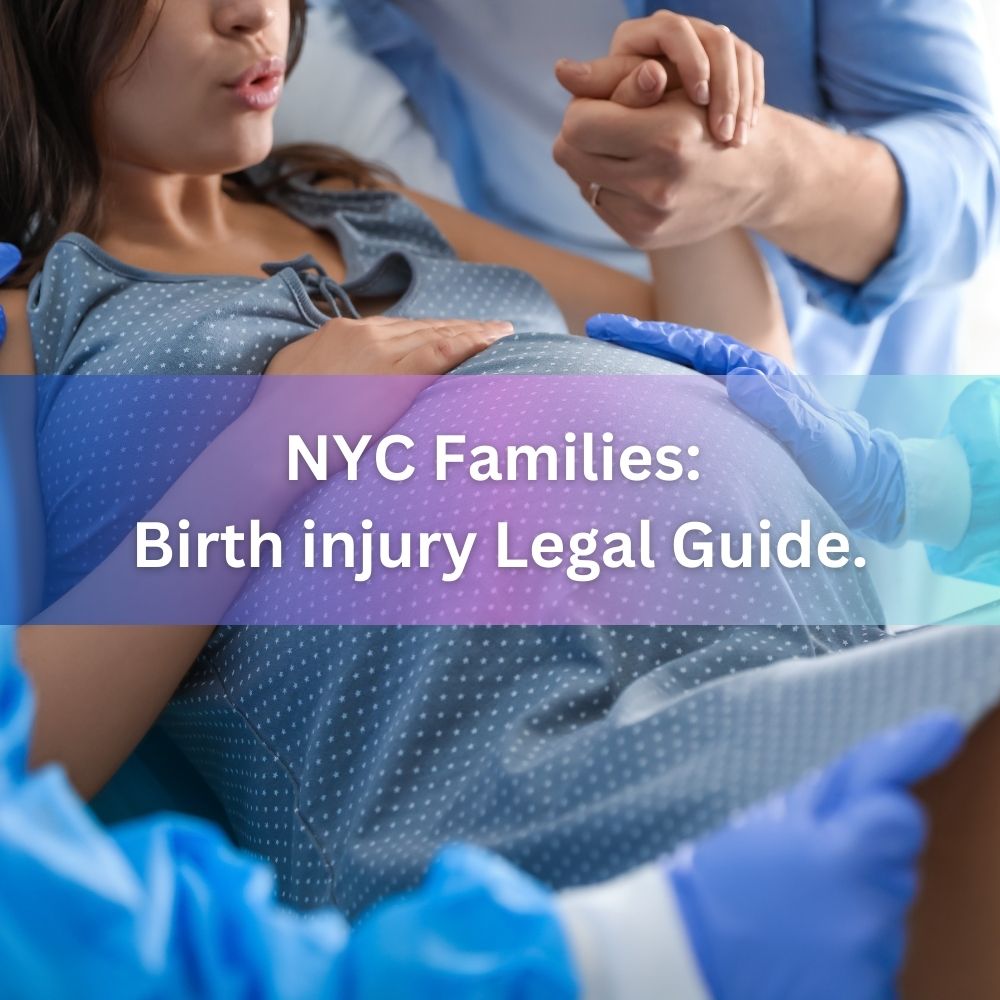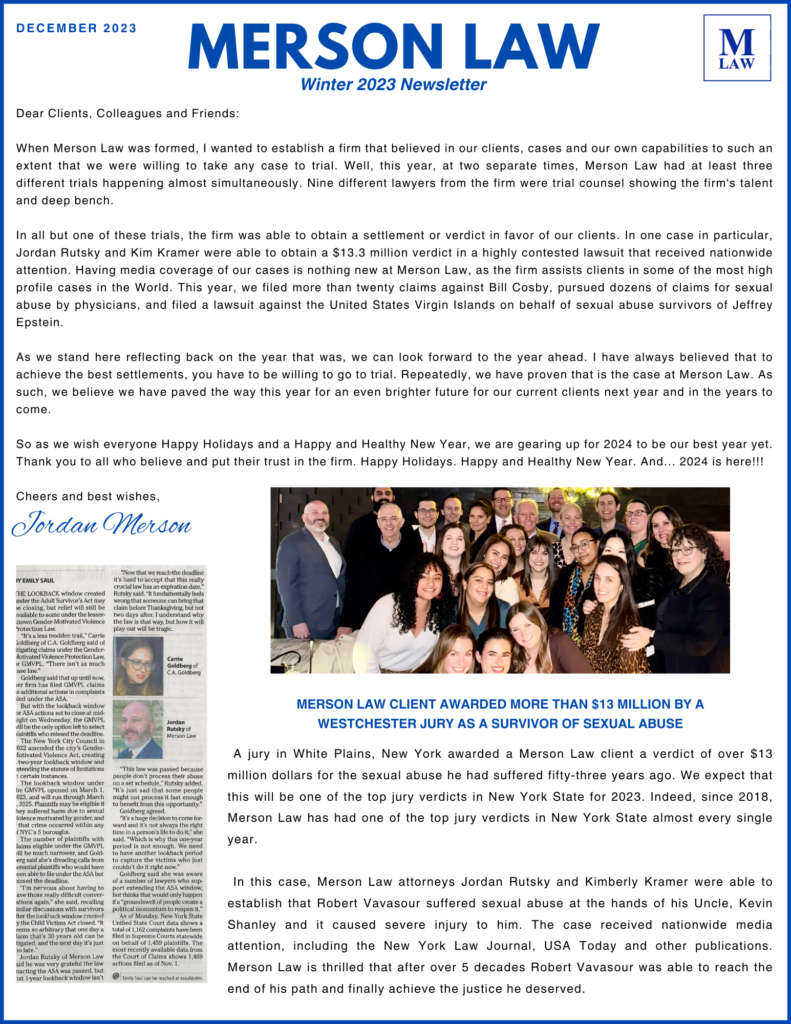Have you ever received the wrong medication from the pharmacy? Maybe your doctor told you he was going to prescribe one thing, and you received a script for an entirely different medicine? You may have been one of estimated 500,000 people a year who are affected by medication errors.
Medication errors are preventable mistakes or incidents related to medications, which can cause harm to a patient. They can occur at any stage of the medication process, including prescribing, dispensing, administering, and monitoring medications.
Examples of medication errors include:
- Prescribing errors: A healthcare provider prescribes the wrong medication, the wrong dose, or the wrong route of administration.
- Dispensing errors: A pharmacist dispenses the wrong medication, the wrong dose, or the wrong instructions for use.
- Administration errors: A healthcare provider administers the wrong medication, the wrong dose, or the wrong route of administration to the patient.
- Monitoring errors: A healthcare provider fails to monitor the patient’s response to medication or misses important changes in the patient’s condition.

Medication errors can occur due to a variety of factors, including:
- Lack of knowledge or training: Healthcare providers may not have sufficient knowledge or training on how to properly prescribe, dispense, or administer medications.
- Communication breakdown: Poor communication between healthcare providers, patients, and caregivers can lead to misunderstandings and mistakes.
- System failures: Issues with medication storage, labeling, and dispensing can contribute to medication errors.
- Patient-related factors: Patients may forget to take their medication, take the wrong dose, or take medications prescribed by multiple providers, increasing the risk of medication errors.
Medication errors can have serious consequences, such as adverse drug reactions, hospitalization, and even death. It is important for healthcare providers, patients, and caregivers to take steps to prevent errors, such as double-checking medication orders, communicating clearly, and following medication administration protocols.

Who is Responsible for a Medication Error?
Medication errors can have various causes and can involve different individuals or systems in the healthcare process. Therefore, responsibility for medication errors may not always lie with a single person or entity. Some possible individuals or entities that could be responsible for a medication error include:
- Healthcare providers: Healthcare providers, including doctors, nurses, pharmacists, and other professionals, can be responsible for medication errors if they prescribe, dispense, or administer medication incorrectly or fail to communicate clearly with one another about medication orders.
- Patients: Patients also have a responsibility to manage their medications correctly, including taking the right dose at the right time and communicating any changes or concerns to their healthcare providers.
- Healthcare organizations: Healthcare organizations, such as hospitals and clinics, can be responsible for medication errors if they fail to implement appropriate systems and processes to prevent errors, including medication reconciliation, computerized physician order entry systems, and barcode scanning.
- Pharmaceutical companies: Pharmaceutical companies can be responsible for medication errors if they fail to provide adequate instructions for use or warning labels on medications, or if they market medications for unapproved uses.
Ultimately, the responsibility often lies with a combination of factors and individuals, and it is important for healthcare providers, patients, and healthcare organizations to work together to prevent these errors from occurring.
Proving liability for a medication error can be complex and may depend on various factors, such as the type of error, the individuals or entities involved, and the circumstances surrounding the error. However, some steps that may be taken to prove liability for a medication error include:
- Collecting evidence: Gathering as much information as possible about the medication error, including medical records, medication orders, dispensing records, and witness statements, can help establish the facts of the case and identify the parties responsible for the error.
- Establishing a standard of care: Demonstrating that the healthcare provider or entity did not meet the standard of care required for the situation can help establish liability. The standard of care may be established through expert testimony or other evidence.
- Proving causation: Showing that the medication error caused harm to the patient is also crucial for proving liability. This may require medical testimony or other evidence linking the medication error to the patient’s injury or condition.
- Seeking legal advice: It is often advisable to consult with an attorney who specializes in medical malpractice or personal injury law to help navigate the legal aspects of proving liability for a medication error.
Ultimately, proving liability for a medication error can be a complex and challenging process, but collecting evidence, establishing a standard of care, proving causation, and seeking legal advice can all be helpful in pursuing a claim for compensation.
Get in Touch with our Team
The medical malpractice attorneys at Merson Law are dedicated to representing victims of medical malpractice and helping them to seek compensation for their injuries.
If you believe that you or a loved one has been the victim of medical malpractice in New York, Merson Law PLLC may be able to help. Contact us today for an initial consultation to discuss your case and learn more about your legal options.







